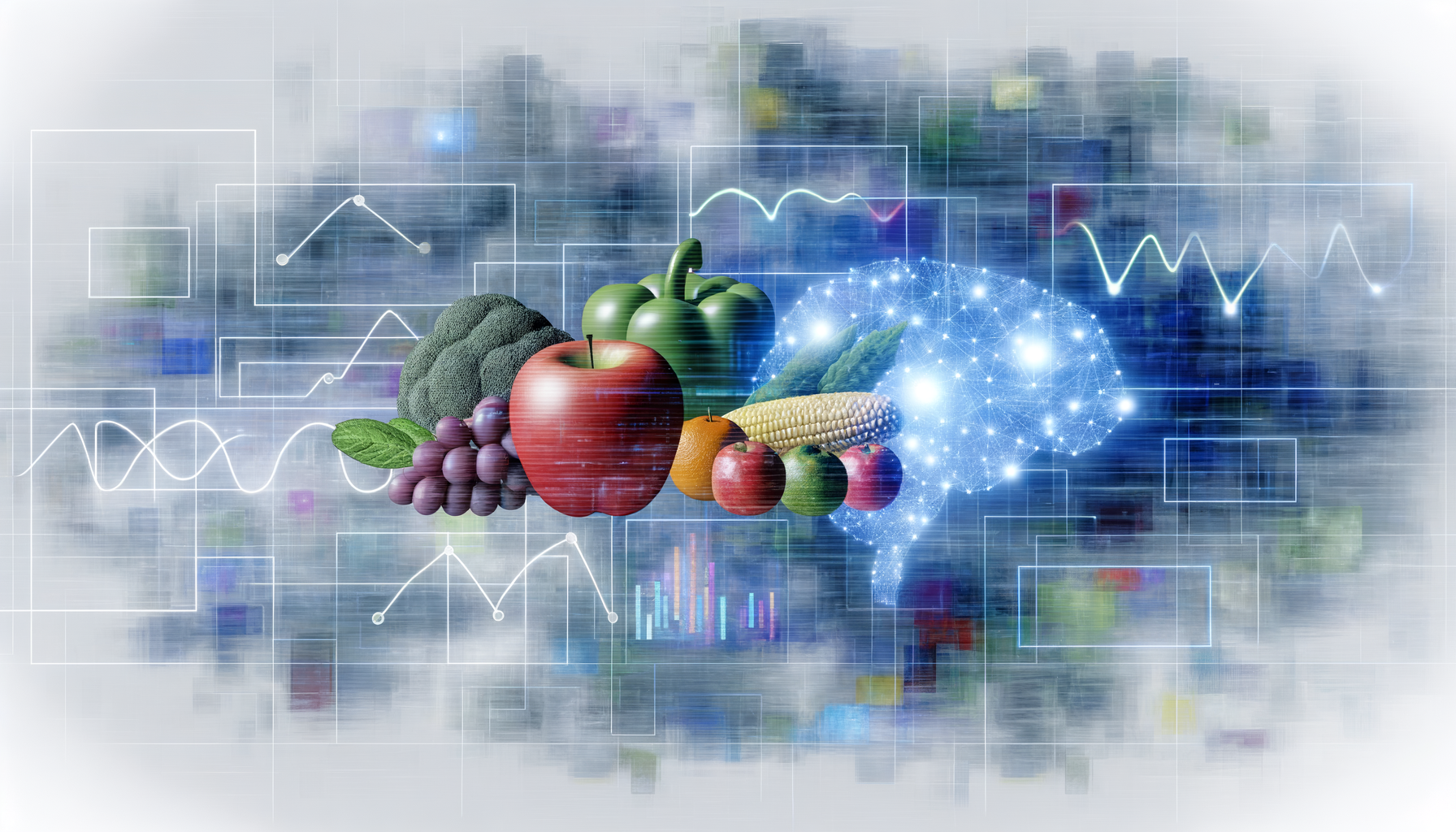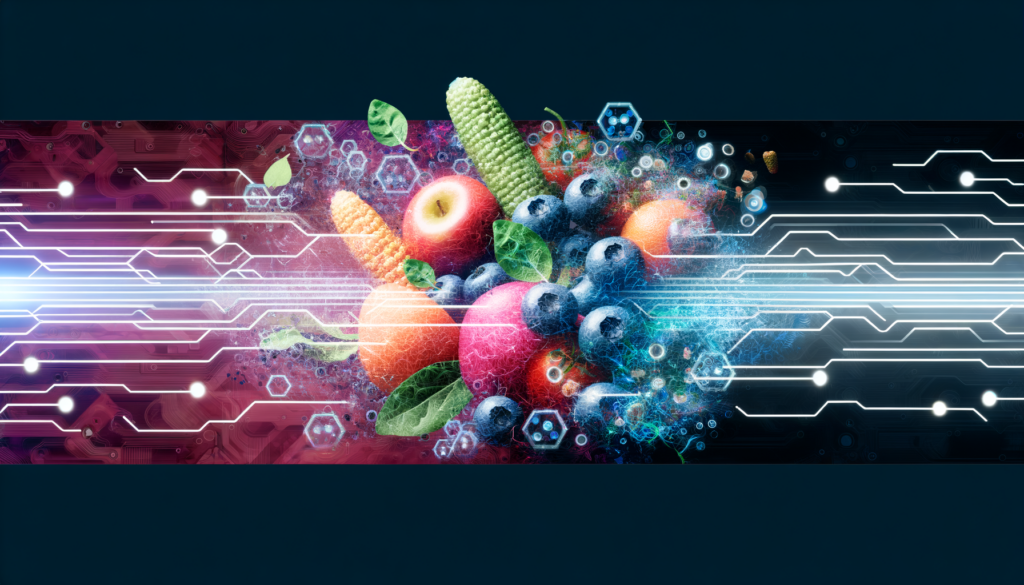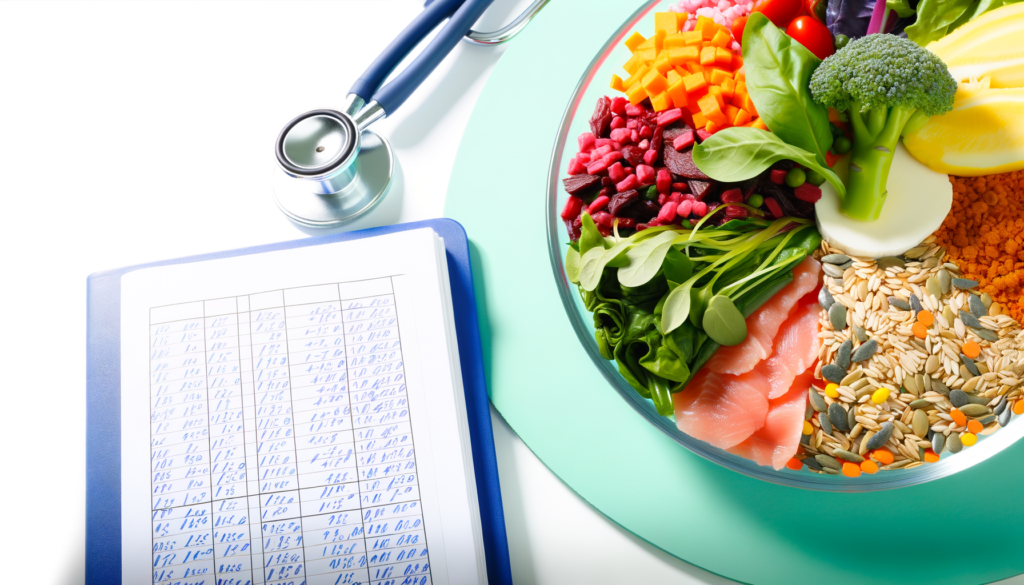Revolutionizing Health and Nutrition with Artificial Intelligence
In the rapidly evolving field of health and nutrition, the integration of Artificial Intelligence (AI) is transforming the way we approach dietary recommendations, health predictions, and overall wellness. This article delves into the cutting-edge applications of AI in health and nutrition, highlighting its potential to enhance individual nutritional outcomes and preventive health strategies.
AI in Personalized Nutrition
One of the most significant advancements in the field of nutrition is the development of personalized dietary recommendations powered by AI. These systems use machine learning algorithms to analyze individual dietary patterns, health metrics, and genetic information to tailor dietary advice. For instance, studies have shown that AI can utilize random forests to analyze genetics and dietary data, understanding how nutrients influence human genetic variations.
AI-powered platforms, such as those offered by Calorie Calculator Cloud, can evaluate nutritional intake, forecast health outcomes, and develop customized nutrition plans based on personal data. These platforms continuously learn from feedback and health outcomes, dynamically refining dietary recommendations to enhance their efficacy.
Predictive Health Analytics and Disease Prevention
AI extends its capabilities beyond personalized nutrition to predictive health analytics. By aggregating and analyzing vast datasets from health records, wearable technology, genetic information, and environmental factors, AI models can predict potential health issues before they manifest. This proactive approach allows for early dietary interventions that can significantly alter a person’s health trajectory.
For example, AI models have been used to predict the likelihood of conditions such as obesity, diabetes, and cardiovascular disease, enabling adjustments to diet and lifestyle that may prevent or delay their onset. A study using machine learning to predict body weight changes over three years demonstrated high accuracy, making it suitable for clinical practice.
AI in Food Manufacturing and Quality Control
The integration of AI in food manufacturing is another critical area where significant advancements are being made. AI optimizes production processes, improves quality control, and ensures food safety. Machine learning algorithms and automation streamline operations like sorting, packaging, and labeling, boosting efficiency and minimizing human error. Predictive maintenance powered by AI reduces downtime and enhances the reliability of equipment, leading to better operational efficiency, reduced food waste, and higher quality production.
Real-World Examples and Case Studies
Several real-world examples illustrate the transformative potential of AI in nutrition and health. For instance, a study using deep learning, specifically convolutional neural networks (CNN), classified and recommended healthy food recipes based on local dietary habits in West Africa. This approach demonstrated the potential of AI to improve diet choices and healthy eating in diverse contexts.
In the pet nutrition sector, AI is being used to create personalized diet plans, conduct genetic testing, and employ predictive health analytics. AI-powered platforms analyze factors such as age, breed, weight, activity level, and specific health concerns to formulate customized meal plans for pets. Genetic testing identifies genetic markers associated with specific health conditions, allowing for preemptive dietary adjustments to mitigate the risk of certain diseases.
Challenges and Future Directions
Despite the promising applications of AI in health and nutrition, there are several challenges that need to be addressed. Data privacy concerns, the need for a skilled workforce, and the complexities of integrating AI systems into existing infrastructures are significant hurdles. Ensuring the accuracy of AI-driven dietary recommendations and health predictions depends on the quality and breadth of the data on which these models are trained. Biases in data collection or interpretation can lead to suboptimal or harmful recommendations, highlighting the need for continuous oversight and refinement of these systems.
Future advancements in AI technology are expected to include more sophisticated tools for analyzing dietary patterns, leading to enhanced dietary habits and improved health outcomes. As AI continues to evolve, it will play a crucial role in advancing nutritional research, improving dietary assessments, and predicting health outcomes with greater precision.
Conclusion and Next Steps
The integration of AI in health and nutrition is revolutionizing the way we approach preventive care and personalized wellness. By leveraging machine learning, deep learning, and predictive analytics, AI is enabling more accurate dietary recommendations, better health outcomes, and proactive disease prevention strategies.
For individuals and healthcare professionals looking to harness the power of AI in nutrition, tools like Calorie Calculator Plans offer a robust platform for personalized nutritional insights. As the field continues to evolve, staying informed about the latest advancements and best practices will be essential for maximizing the benefits of AI in health and nutrition.
By embracing AI-driven health predictions and preventive nutrition strategies, we can move towards a future where data-driven wellness is the norm, leading to improved health outcomes and a better quality of life for all.








